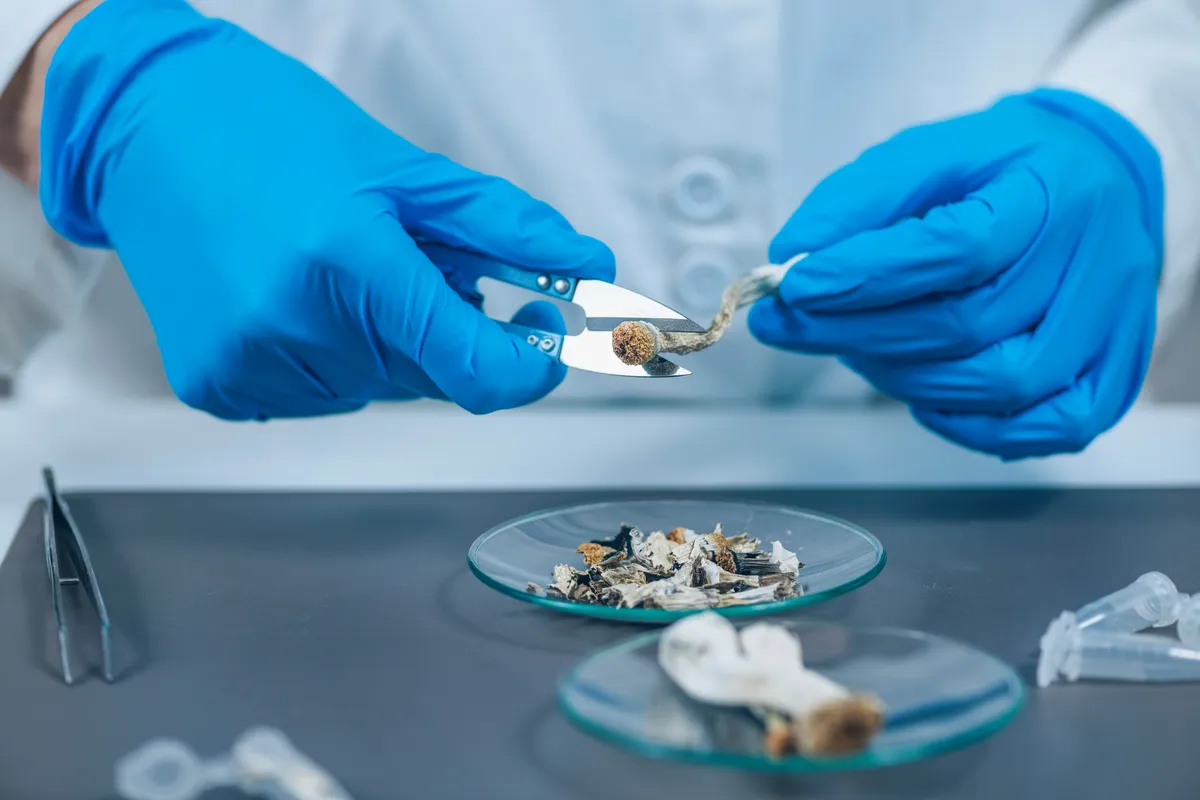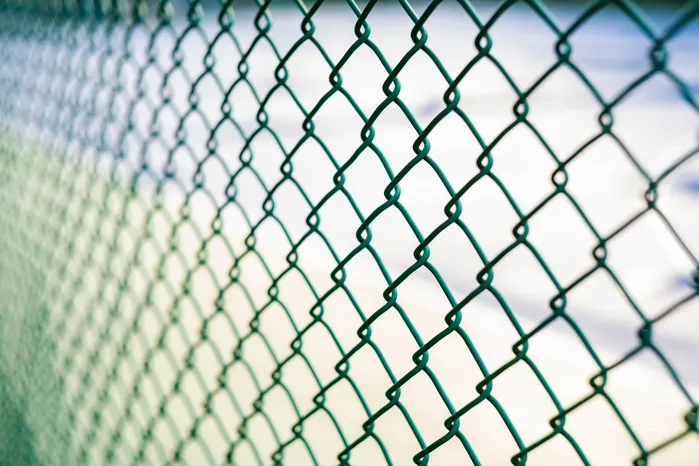4 min read time
Summary
Under state law, psychedelic drugs are illegal in Nevada.
Table of Contents

Are Psychedelic Drugs Legal in Nevada?
Nevada Revised Statutes Chapter 453, which outlines laws and regulations for controlled substances, states that psychedelics are Schedule 1 substances and therefore illegal in Nevada.
The Schedule 1 substance classification that psychedelics receive means that the state of Nevada considers psychedelics to have a high potential for abuse and no accepted medical purpose.
Common psychedelics, which are prohibited in Nevada, include:
- Psilocybin and psilocyn
- Lysergic acid diethylamide (LSD)
- 3,4-methylenedioxymethamphetamine (MDMA)
- Mescaline
- Peyote
- Bufotenine
- Ibogaine
Carrying the above-listed psychedelic drugs in Nevada could result in you being charged with a category E felony.
Additionally, if you are charged with possession with the intent to sell psychedelics, you could face a category A or B felony.
What Are Psychedelics
Psychedelics, also referred to as hallucinogens, are a category of psychoactive substances that significantly alter perception, mood, and numerous other cognitive processes.
Psychedelics can be either naturally or synthetically produced, with some of the most common types of psychedelics being:
- Psilocybin: Present in species of mushrooms, which are commonly referred to as "magic mushrooms."
- LSD: Lysergic acid diethylamide, or LSD, is a powerful hallucinogen that is known for being extremely potent, 200 times as potent as psilocybin and 5,000 times more potent than mescaline.
- DMT: Dimethyltryptamine is a naturally occurring substance in many plants and animals and is often used in ceremonies and rituals in South America.
- Mescaline: Found in the peyote cactus and San Pedro cactus.
- MDMA: A synthetic hallucinogen that can cause euphoric and empathogenic effects.
The consumption of psychedelic drugs can lead to visual and auditory hallucinations, which, while the psychedelic itself can be particularly harmless, the hallucinations it causes can result in erratic or self-destructive behavior that could lead to injury or death.
Due to high abuse potential and no reasonable medical usage, psychedelics are illegal under federal law and many state laws.
However, pushes are being made across the U.S. to legalize psychedelic substances due to their potential mental health treatments for conditions such as post-traumatic stress disorder, anxiety, depression, and addiction.
What Are the Nevada Laws Around Psychedelics
Under Nevada law, psychedelics are classified as a Schedule 1 controlled substance, making it illegal to possess or sell them.
However, there are additional Nevada laws that govern psychedelics, which are essential to understand for anybody who may be facing criminal charges for psychedelics or a part of a group trying to push for psychedelic medicines.
Schedule 1 Substance Classification for Psychedelics: NRS 453.166
NRS 453.166 states that the drugs outlined in the 1971 statutes of Nevada, page 2005, which include numerous psychedelics, are to be classified as Schedule 1 substances, making them illegal and considered as having high potential for abuse with no accepted medical treatment use in the United States or as lacking proper safety for medical supervision use.
Sacramental Use of Peyote: NRS 453.541
Under NRS 453.541, the use of the Lophophora, also known as peyote, is legal for any genuine religious organization to use for sacramental or ceremonial purposes.
Could You Face Criminal Charges for Possession of Psychedelics in Nevada
Under NRS 453.336, you can face various criminal charges for possession of psychedelic drugs in Nevada without a valid prescription, authorization, or immunity.
The penalties you could face depend on the number of offenses or the possession amount:
- First or Second Offense (Less than 14 grams): Category E felony, which is punishable by 1 to 4 years in prison and fines up to $5,000.
- Third or Subsequent Offense (Less than 14 grams): Category D felony, which is punishable by 1 to 4 years in prison and fines up to $20,000.
- Possession of 14 to Less than 28 Grams: Category C felony, which is punishable by 1 to 5 years in prison and fines up to $20,000.
- Possession of 28 to Less than 42 Grams: Category B felony, which is punishable by 1 to 10 years in prison and fines up to $50,000.
- Possession of 42 to Less than 100 Grams: Category B felony, which is punishable by 2 to 15 years in prison and fines up to $50,000.
Potential Charges for Possession of Psychedelics with Intent to Sell
If law enforcement suspects that you intended to distribute or sell psychedelics, you could be charged with possession with intent to sell, which can result in penalties including:
- Category D Felony: First offense and could result in 1 to 4 years in prison with fines up to $5,000.
- Category C Felony: Second offense and could result in 1 to 5 years in prison with fines up to $10,000.
- Category B Felony: Third or subsequent offense and could result in 3 to 15 years in prison with fines up to $20,000.
Nevada Senate Bill 242: Path to Decriminalizing Psychedelics
On June 12, 2023, Nevada Senate Bill 242 passed, and while it didn't decriminalize psychedelics, it required the Nevada Department of Health and Human Services to establish the Psychedelic Medicines Working Group.
The Working Group's primary goals are to discover and evaluate the therapeutic and medical benefits psychedelics can provide, as well as assess existing laws around psychedelics.
Obtain the Compensation You're Entitled To
Contact Us Today
Rodney Okano Car Accident Lawyer is a Las Vegas personal injury law firm with over 20 years of experience helping clients obtain maximum compensation following injuries from accidents such as car crashes, worksite injuries, and slips and falls. Over those years, The Rodney Okano Car Accident Lawyer Law Firm has become an experienced law firm that can ensure exceptional results for any of its clients.






